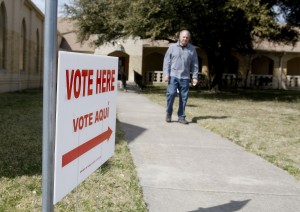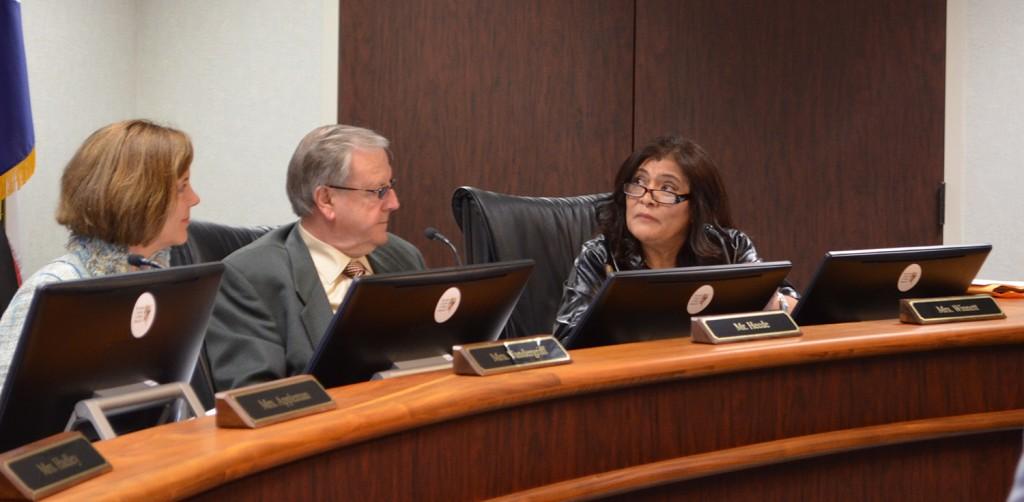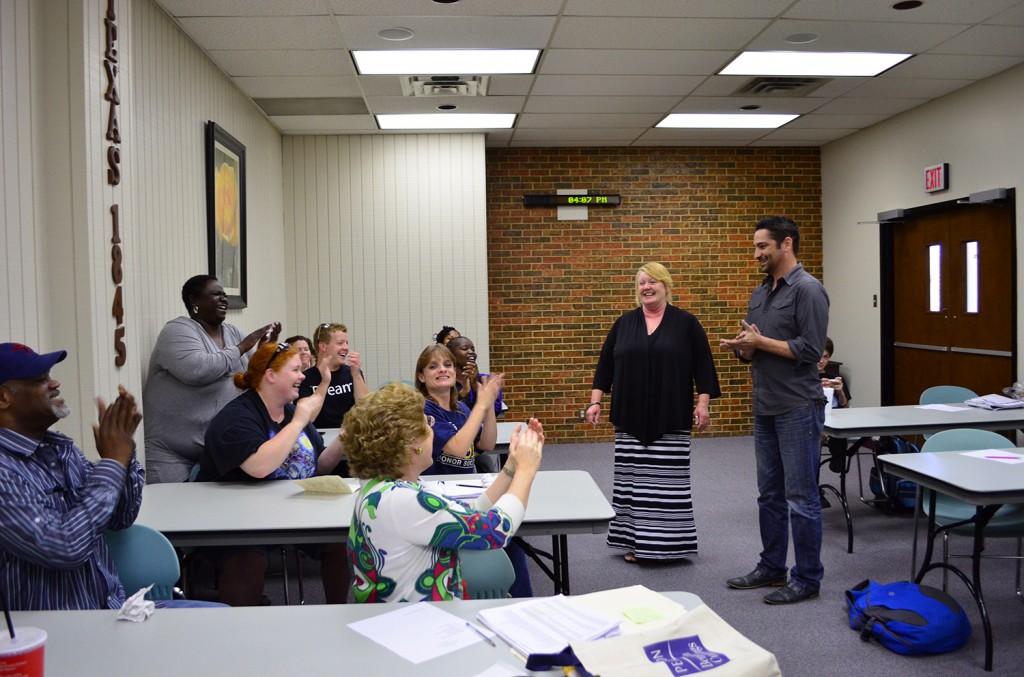By Erin Ratigan/tr news editor

With hot-button topics like abortion and gay marriage driving political talking points, students are preparing to vote with particular issues in mind.
The primary runoff election May 27 will determine the candidates for lieutenant governor, attorney general, United States representative, state senator and agriculture commissioner. The final day to register to vote in the primary is April 28.
India Hickman, a TR nursing student, said the issues she cares about most are poverty and assistance for the needy.
She said her family has always voted and said students should take politics seriously.
“At the end of the day, you don’t want just anybody running our country,” she said.
NE computer science major Alex Tedmon voted in the March gubernatorial primary and said what motivated him was his desire for progressive leadership.
“I like the idea of bipartisanship,” he said. “I think that we should be trying to balance out our current system that we have right now.”
Among the issues he cares most about is social progress. He said without it, the government would be less effective and that issues usually determined whether he votes for someone.
“I think having more women running for office is a great thing,” he said.
“If I see that someone has credentials … if that person happens to be pushing for more social and civil rights, then I’m going to vote for that person.”
He said voting is often undervalued by students.
“I don’t think people realize how much their vote counts,” he said. “Let politicians know what you think and what you want.”
Hot-button topics like abortion are also important to many students, including TR international business major Hannah Kunasek.
She said the abortion issue matters because both morality and social justice come into play.
“I just believe all life should be held to the same standard,” she said. “Just because the child is in his mother’s womb … doesn’t mean we shouldn’t protect his rights or that he doesn’t have the same kind of rights.”
From a young age, Kunasek said she was taught to value the voting process.
“I don’t think there’s enough educated voters,” she said. “My dad’s always stressed how important it is to vote and to know why you’re voting and who you’re voting for.”
Kunasek grew up in a highly political family. Her father serves on the city council, and her grandfather, Carl Kunasek, was an Arizona state senator in the ’80s.
“I feel like most people kind of ignore it,” she said of government. “You don’t really appreciate politics until it really affects you more.”
Tedmon said gubernatorial candidates Wendy Davis and Greg Abbott should focus on appealing to the youth vote.
“I see them catering more toward adults who are older than 30,” he said. “I don’t think that they’re campaigning or catering as much toward my age group right now.”
Despite their differences in background and political ideology, Hickman, Tedmon and Kunasek agree that young people should firmly understand what and whom they support.
“When they go to the polls, [students] should think wisely,” Hickman said, “and make a choice that is not only good for them but for all of us.”
While the matter of whom to vote for is intimidating, Hickman still urges students to vote.
“Please vote,” she said. “It’s worth it.”
It is equally important, Kunasek said, to consider a politician’s history.
“They should consider the politician’s past record,” she said. “What experience does he have, does he have a good record with saying he’s gonna do something and then actually doing it.”
Finally, Tedmon said voters need to understand the impact their vote might have on society “as well as the consequences of what will happen, depending on whether or not they vote or depending on which candidate will be elected.”
Voters can find more information and a polling place at www.votetexas.gov.



























